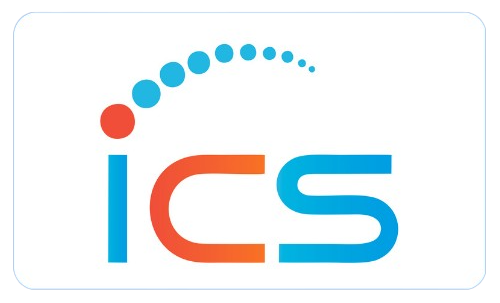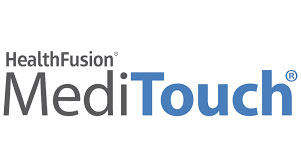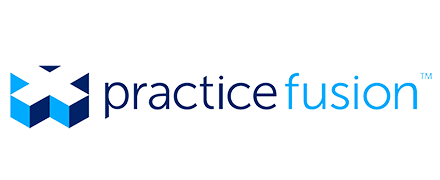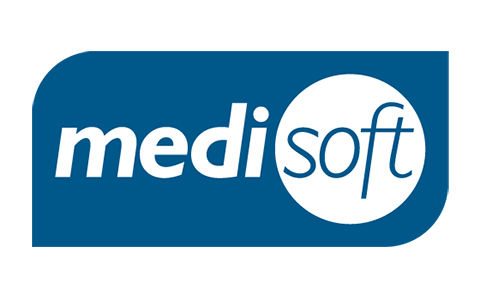Denial management plays a vital role in ensuring the financial stability of healthcare organizations. Claim denials can disrupt cash flow, increase operational costs, and ultimately lead to lost revenue if not addressed properly. To minimize claim rejections, implementing effective denial management strategies is essential for a smoother revenue cycle and optimized billing processes.
Understanding Denial Management
Denial management involves a strategic approach to identifying, analyzing, and preventing claim denials. Instead of merely correcting and resubmitting denied claims, this process focuses on addressing the root causes to prevent future denials. By adopting a proactive approach, healthcare providers can streamline their billing processes and improve their financial outcomes.
The goal of denial management is to reduce denial rates, expedite claims processing, and ensure timely payments. As payer requirements and healthcare regulations become more complex, having an effective denial management strategy is increasingly important. Many organizations find that collaborating with an outsourcing medical billing services provider can bring additional expertise and efficiency to this process.
The Impact of Claim Denials on Revenue
Claim denials can significantly impact a healthcare organization’s revenue cycle. Denials lead to delayed payments, increased administrative workload, and potential revenue loss. Each denied claim demands additional resources to resolve, diverting attention from other critical tasks and straining financial operations.
- Revenue Losses: Denied claims represent missed revenue opportunities. Without a robust denial management strategy, these losses can accumulate, negatively affecting the financial health of a healthcare provider.
- Increased Administrative Costs: Managing denied claims requires significant effort, including identifying errors, correcting them, and resubmitting claims. This extra workload increases operational costs and reduces overall efficiency.
- Cash Flow Disruption: Frequent claim denials can disrupt cash flow, creating financial uncertainty for healthcare organizations. Timely resolution of denials is crucial for maintaining financial stability.
Common Causes of Claim Denials
To effectively manage denials, it’s important to understand the common causes:
- Errors in Patient Information: Incorrect patient details, such as names or insurance information, often lead to immediate claim rejections. Ensuring accurate information from the outset is crucial.
- Incorrect Medical Coding: Errors like outdated codes, incorrect diagnoses, or mismatches between procedures and diagnoses are common causes of denials.
- Lack of Pre-Authorization: Failing to secure necessary pre-authorizations for treatments or procedures can result in claim denials.
- Duplicate Claims: Submitting the same claim multiple times can cause confusion and lead to denials. Proper claim tracking is essential to avoid this issue.
- Incomplete Documentation: Missing or incomplete documentation can result in denials, as insurers require thorough information to process claims.
Building an Effective Denial Management Process
Mitigating the effects of claim denials requires establishing a robust denial management process. This involves creating a dedicated team, implementing advanced tracking systems, and continuously educating staff on best practices.
- Establishing a Denial Management Team: A specialized team can focus on analyzing denied claims, identifying patterns, and implementing corrective measures. This team should be knowledgeable about the latest coding practices, billing regulations, and payer requirements.
- Implementing a Denial Tracking System: A reliable tracking system is crucial for monitoring denied claims. It helps identify trends and recurring issues, enabling healthcare providers to address them proactively.
- Regular Training and Education: Ongoing education is vital to keep staff updated on the latest billing and coding standards. Regular training sessions help reduce errors, ensuring that claims are submitted correctly the first time.
Proactive Strategies to Prevent Claim Denials
Prevention is the most effective approach to managing claim denials. By implementing proactive measures, healthcare organizations can significantly reduce the likelihood of denials.
- Ensuring Accurate Patient Information: Verifying patient information at the time of service and regularly updating records can prevent many denials caused by inaccuracies.
- Implementing Quality Assurance in Medical Coding: Regular audits and quality checks on medical coding can identify potential errors before claims are submitted, reducing the chances of denials.
- Verifying Insurance Eligibility and Pre-Authorization: Before providing services, healthcare providers should ensure that a patient’s insurance coverage is active and that all necessary pre-authorizations have been obtained.
- Streamlining Documentation Practices: Standardizing documentation practices ensures that all necessary information is captured accurately and completely, reducing the risk of denials.
The Role of Technology in Denial Management
Technology plays a crucial role in modern denial management by automating processes, improving accuracy, and enhancing overall efficiency.
- Automation Tools: Automation can streamline many aspects of denial management, from verifying patient information to tracking claims and generating reports. These tools reduce manual errors and save time.
- AI and Machine Learning: Advanced AI and machine learning algorithms can predict potential denials by analyzing large volumes of data, allowing healthcare providers to address issues before they lead to denials.
- Integrating EHR Systems: Integrating electronic health records (EHR) with denial management tools ensures that all patient information is accurate and accessible, reducing the risk of denials related to documentation errors.
Conclusion
Effective denial management is crucial for maintaining the financial health of healthcare organizations. By understanding the common causes of claim denials and implementing proactive strategies, healthcare providers can significantly reduce claim rejections. Leveraging technology, maintaining a dedicated denial management team, and continuously educating staff are critical components of a successful denial management strategy.
To enhance your denial management processes, consider partnering with Info Hub Consultancy Services, a leading provider of offshore medical billing and coding services in India. Our expertise can help you protect your revenue, reduce administrative burdens, and ensure a smooth, efficient revenue cycle.
Contact Info Hub Consultancy Services today. Call us at +1 (888) 694-8634 or 0422 4212 455, or email us at inquiry@infohubconsultancy.com.



























